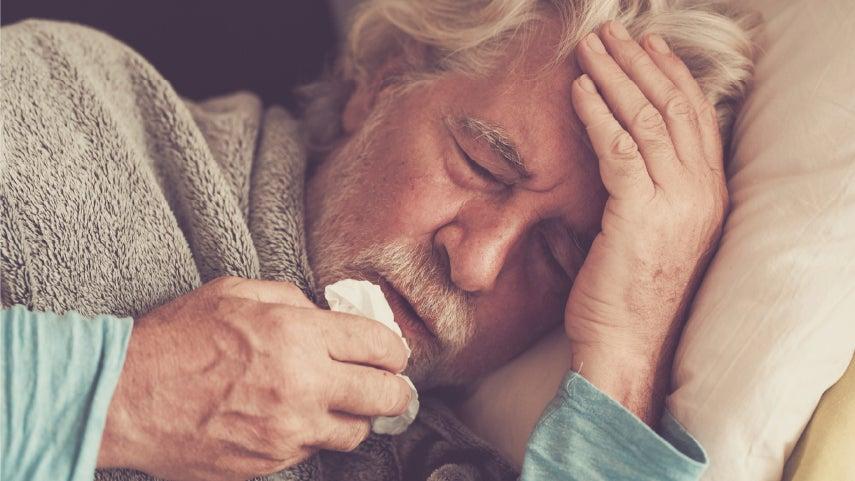
Related Topics
“A pandemic of the unvaccinated” is how Dr. Rochelle Walensky, Director of the Centers for Disease Control and Prevention (CDC), has described the current condition of COVID-19 the U.S., due in large part to the fast-spreading Delta variant of the coronavirus. This variant has spread to all 50 states and is now responsible for 83% of all cases of COVID-19, as reported by Dr. Walensky during a Congressional hearing on July 20. This is a large increase a few weeks prior to the hearing, when the Delta variant was responsible for a little more than half of all cases in the U.S. In some parts of the country, especially areas with low vaccination rates, it may be responsible for up to 90% of cases.
The Delta variant: High transmissibility among the unvaccinated
Currently the number of cases and hospitalizations is increasing so much so that some are calling this the fourth wave. As the Delta variant has spread, COVID-19 deaths have also increased by nearly 48%, and are averaging about 240 cases per day. The CDC reports that 99.5% of COVID-19 deaths are among those who are not vaccinated.
The variant’s high transmissibility is being blamed for the increase in cases among unvaccinated people. It’s about 60% more contagious than other coronavirus variants.
Early evidence also shows the variant also causes more severe disease in people who are not vaccinated.
It is normal for viruses to constantly change to adapt and survive. The virus that causes the common cold is one example. Variants emerge when a virus mutates and becomes different from the original virus. It is more dangerous than the original coronavirus and other variants because its mutation makes it easier for it to latch on and infect human cells. That is why this variant is more contagious than others.
The Delta variant was first identified in India where it set off a devastating surge in the spring, causing as many as 4 million deaths. Delta is now found in 90 countries around the world.
Support that's available to help you get your COVID-19 vaccine
Fortunately, COVID-19 vaccines that are authorized for use in the U.S. have been shown to be highly effective against Delta and other variants. These vaccines provide up to 90% protection against serious illness that can lead to hospitalization and death. Our country has a good supply of all three vaccines. If you are uncertain about where to get a COVID-19 vaccine, search vaccines.gov, text your Zip Code to 438829 or call 1-800-232-0233 to find a location near you. These sources can also help you if you need a ride or childcare in order to get vaccinated.
If you or someone you know has not been vaccinated and has questions about the vaccine, speak with a health care provider or a trusted friend or leader in your community to get the answers you need to get vaccinated. Vaccination is the best protection against the coronavirus and its variants, including the delta variant.



